The Changing Nature of Sacred Spaces
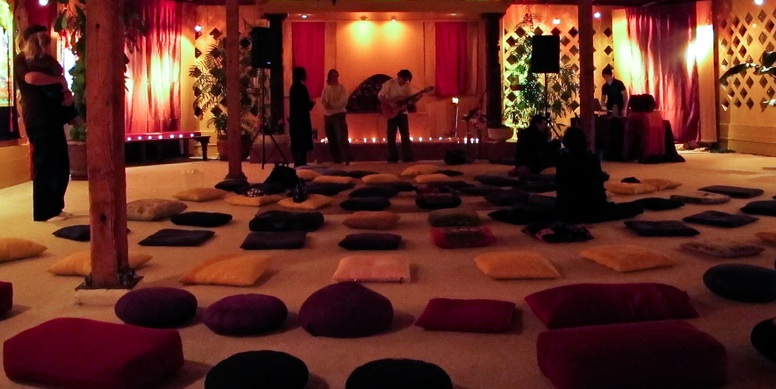
Wendy Cadge Flexibility is evident in many health care organizations where religious symbols have increasingly been removed from traditional chapels and furniture put on wheels to be as versatile as possible.
Rock ‘n’ Roll Lazarus
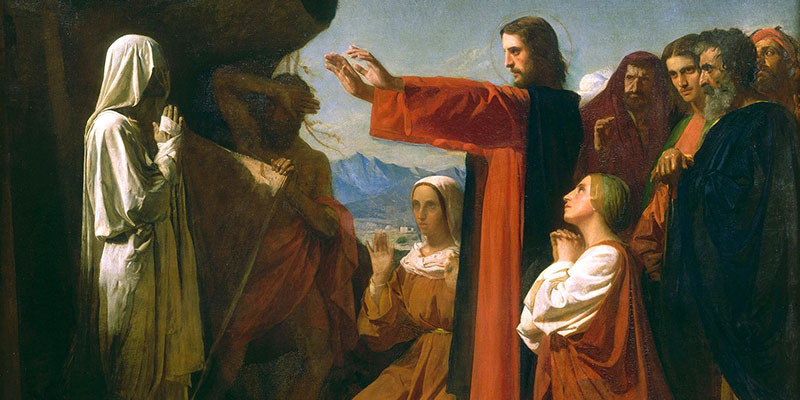
Jill Marshall In the Gospel and Bowie’s interpretation of it, the act of coming back from the dead is dramatic and controversial.
What Makes a Mountain, Hill, or Prairie a ‘Sacred’ Place for Native Americans?
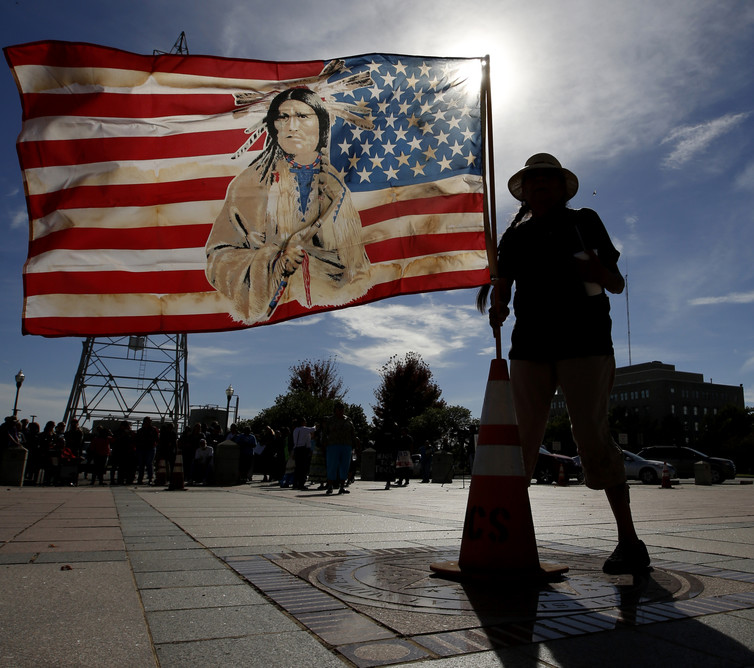
Rosalyn R. LaPier What makes a mountain, hill or prairie a “sacred” place?
Jerry Garcia on the Grateful Dead Concert Experience
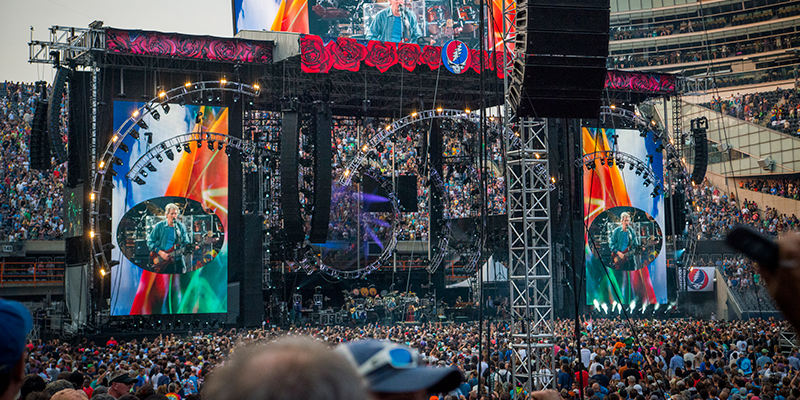
Dead concert = religious experience?
In Memoriam: Chuck Berry

Chuck Berry, 1926-2017
Seven Questions for David G. Robertson
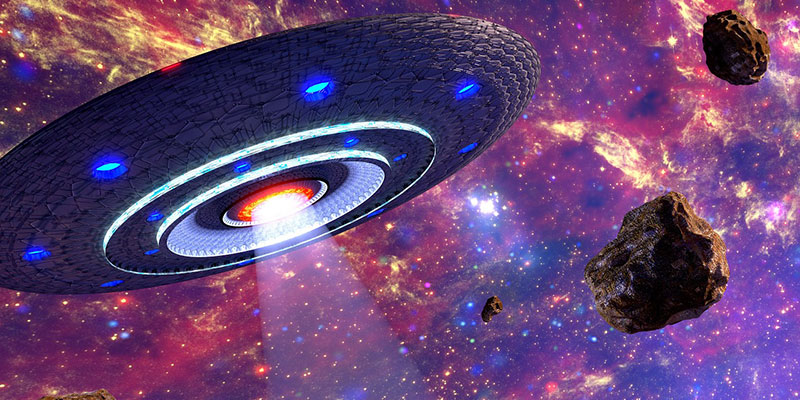
David G. Roberston There is nothing more rational about believing in Jesus’ resurrection than believing that Reptilian extraterrestrials secretly run the world.
Get Out: The Ending We Needed
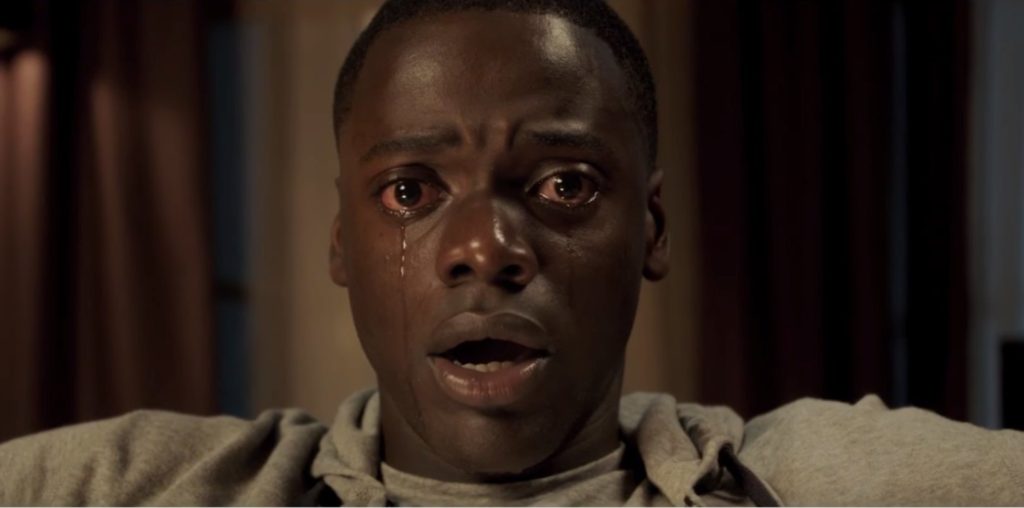
Nicole Symmonds Peele grants viewers, especially black ones, the kind of reprieve we’ve been hoping for as citizens of a world hell-bent on ensuring that our lived experience is one of horror and not happy endings.
Jim James’ Musical Blend of the Religious, Spiritual, and Secular
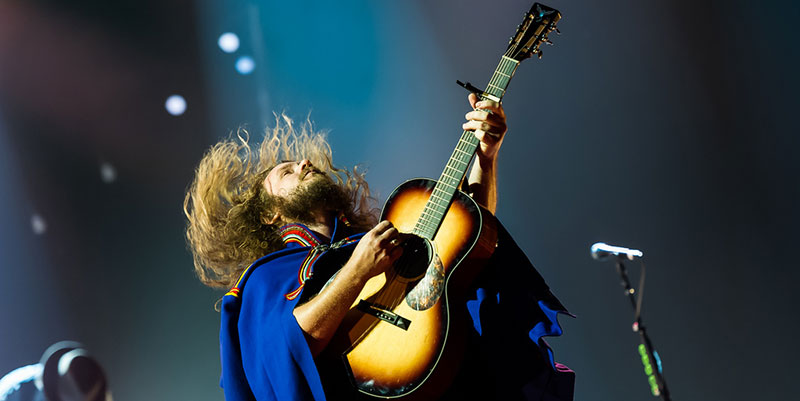
Scott Muir My aim here is not to fix any “real meaning” to James’ output or speculate about his personal identity, but rather to illustrate how he presents an entangled web of meanings that his listeners may appropriate for their own religious/spiritual/secular constructions of the sacred.
The Changing Nature of America’s Irreligious Explained
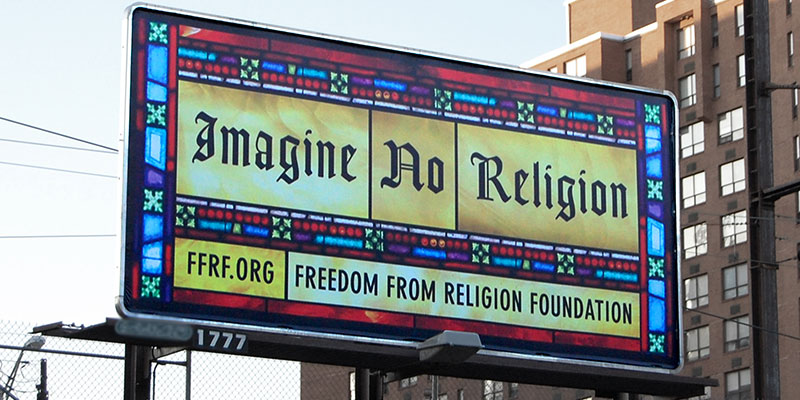
Richard Flory Despite the rapid increase in the number of Americans who claim no religious affiliation, nones remain a relatively small group within the American electorate.
The Look of White Supremacy
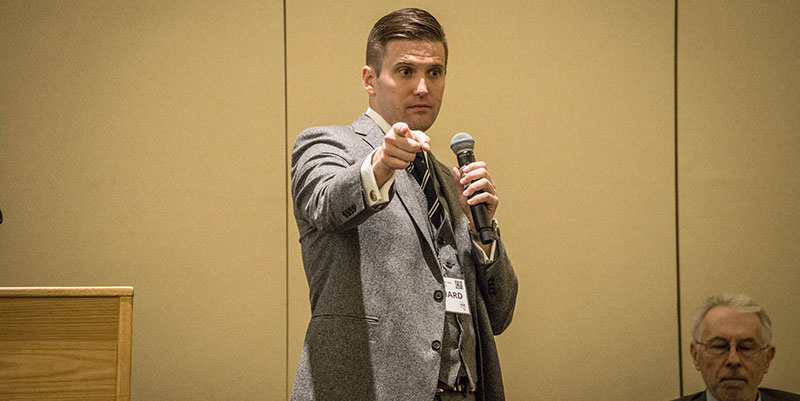
Kelly J. Baker What pop culture usually gives us are caricatures of white supremacists, and journalists, and the public more largely, expects living and breathing white supremacists to match this narrow portrayal of white supremacy.
